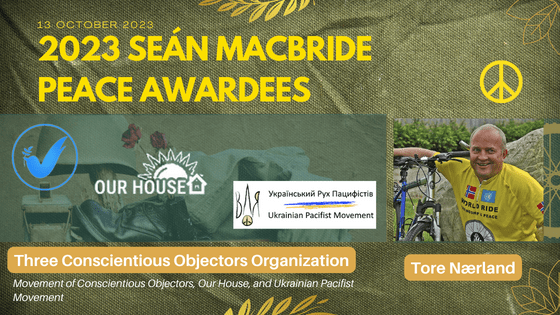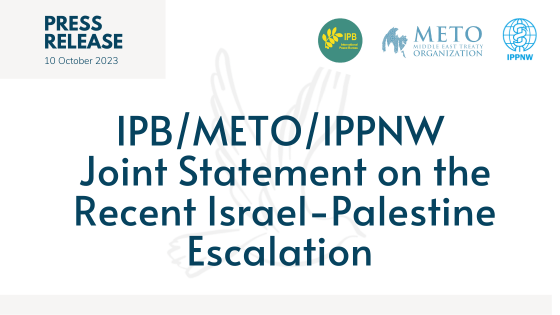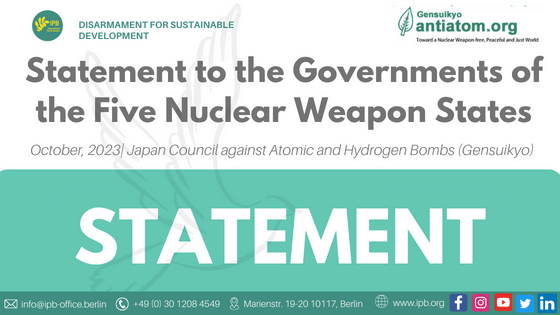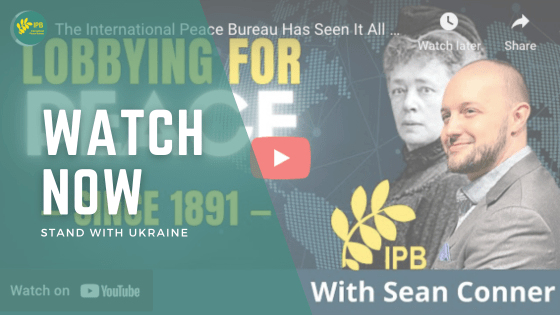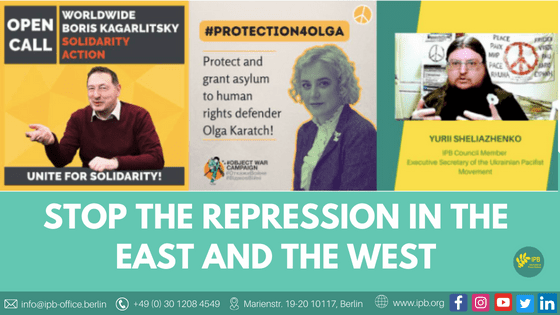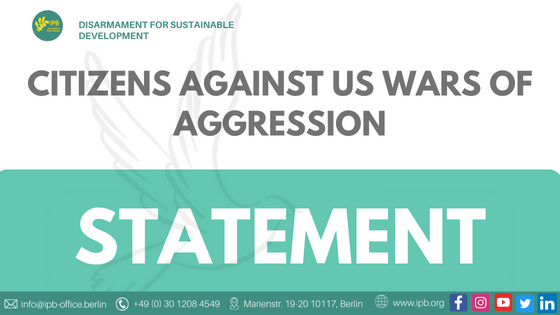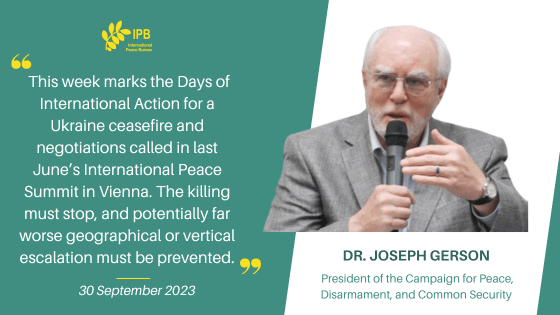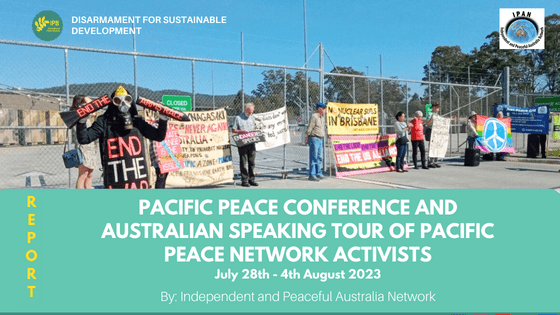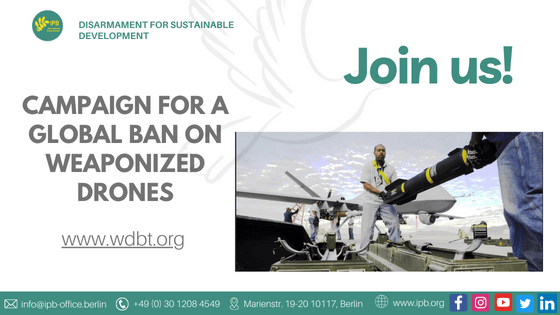The winners of the 2023 Seán MacBride Peace Prize are champions of the right to conscientious objection, represented by a joint prize for three remarkable movements, and an individual peace advocate. At the heart of this esteemed award are three remarkable movements that have not only made significant strides in advocating for the right to conscientious objection but have also symbolized the enduring spirit of peace in the face of adversity. These awardees include “Our House” from Belarus, the “Movement of Conscientious Objectors”from Russia, the “Ukrainian Pacifist Movement” from Ukraine, and Tore Nærland, a passionate advocate for peace through his initiative, “Bike for Peace.”
Ukraine and Russia have been entangled in a complex and protracted conflict that has left scars on the hearts and souls of countless individuals and communities. This conflict, marked by territorial disputes, political turmoil, and humanitarian crises, has exacted a heavy toll, with civilians often caught in the crossfire and subjected to unimaginable suffering. It is in this context that the 2023 Seán MacBride Peace Prize recognizes the exceptional efforts of those who have chosen the path of peace and conscientious objection.
The first award is a shared prize for Our House, the Movement of Conscientious Objectors in Russia, and the Ukrainian Pacifist Movement.
Our House (https://news.house/), a Belarusian civil society organization registered in Vilnius since 2014, is dedicated to defending human rights, particularly focusing on vulnerable groups, such as women and children. They also support Belarusian and Ukrainian refugees in Lithuania and other EU countries. Founded two decades ago as a small initiative, Our House is now active in 15 Lithuanian cities. Their current campaigns, “NO means NO” and “Non-Children Play,” aim to help Belarusian conscientious objectors, prevent children from being taken from their families for economic and political reasons, and respond to Belarusian army service issues.
In Russia, Movement of Conscientious Objectors (MCO) or Движение Сознательных Отказчиков, Russia (https://stoparmy.org/), a non-profit organization established in 2014, aids young individuals in legally avoiding conscription into the military. MCO offers guidance, resources, and collects conscription-related information. The right to conscientious objection to military service is a fundamental component of the freedom of thought, conscience, and religion, as enshrined in Article 18 of the International Covenant on Civil and Political Rights (ICCPR). This right remains inviolable even during public emergencies, as stipulated in Article 4(2) of the ICCPR. Conscientious objection actively contributes to peace, making the protection and promotion of this human right more vital during wartime.
Despite being labeled as Foreign Agents and facing increased threats, the Russian Movement of Conscientious Objectors unwaveringly supports those opposing war and military mobilization, especially individuals subjected to persecution, torture, and imprisonment. Their commitment extends to all cases of forced and even violent recruitment into participating armies, as well as the persecution of conscientious objectors, deserters, and non-violent anti-war protesters.
The “Ukrainian Pacifist Movement” (http://pacifism.org.ua/) from Ukraine established in 2019 by activists involved in peaceful protests against conscription in Kyiv, is a non-governmental, non-profit, and nonpartisan organization. Its mission revolves around promoting the right to peace, disarmament, conscription abolition, nonviolent conflict resolution, and civilian oversight of military affairs. The organization primarily focuses on advocating for the legal right to conscientious objection in accordance with international human rights standards, supporting the right to refuse participation in war, ending the conflict in Ukraine, and striving for global peace. The Ukrainian Pacifist Movement is an active participant in various international networks, including the European Bureau for Conscientious Objection, World BEYOND War, War Resisters’ International, International Peace Bureau, and the Eastern European Network for Citizenship Education.
The second award is for Tore Nærland, an individual advocate for peace through his initiative “Bike for Peace,” embodies the transformative power of personal dedication to peace. Through his tireless efforts and determination, he has inspired countless individuals to embrace the idea that peace can be pursued actively, one pedal stroke at a time. His commitment to spreading a message of peace and understanding transcends national boundaries and resonates with people from all walks of life.
In honoring these remarkable recipients, the 2023 Seán MacBride Peace Prize acknowledges the enduring importance of the right to conscientious objection and individual efforts to promote peace in the times that peace is being challenged. Their collective work reminds us that peace is not merely the absence of war, but a deliberate and courageous choice that can shape a better future for us all.

